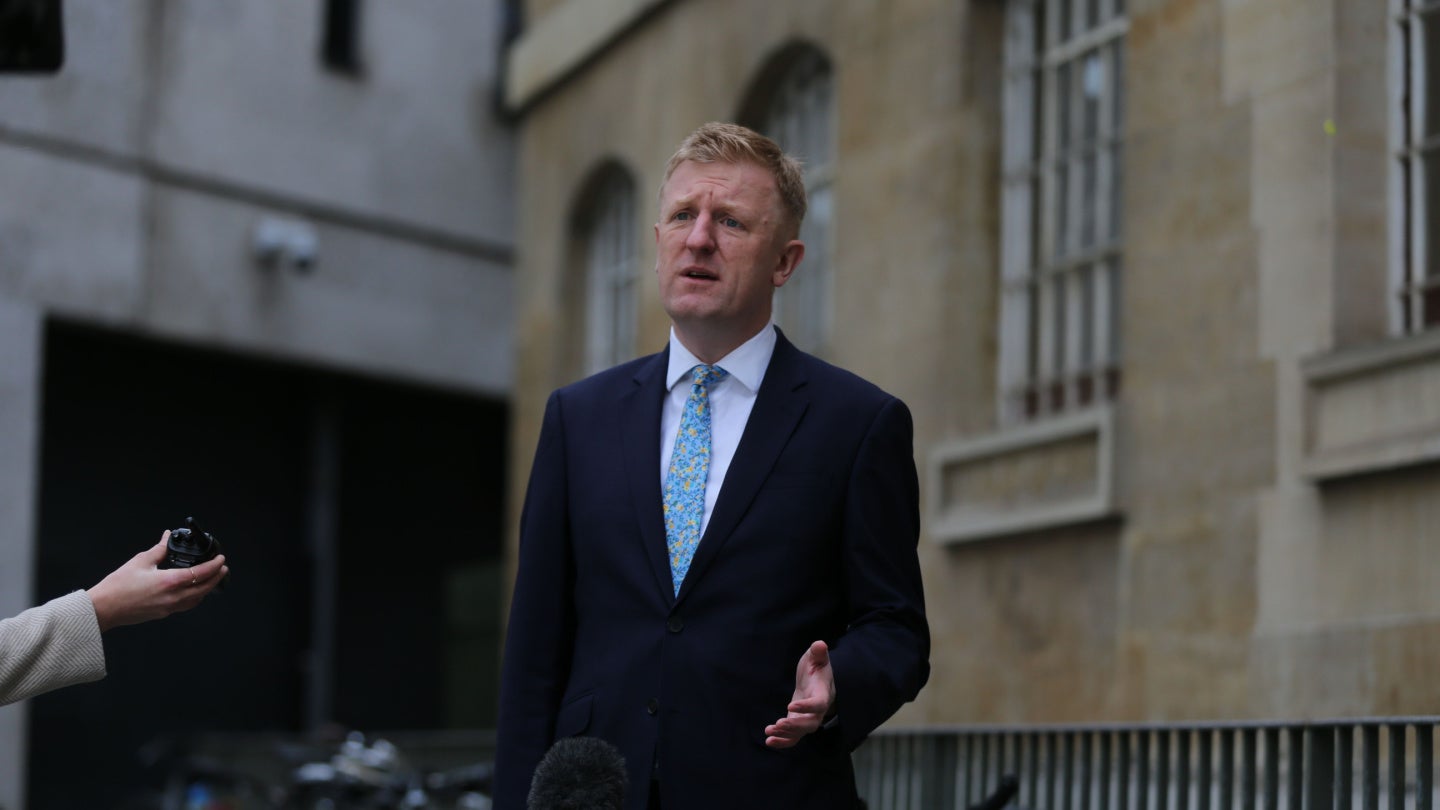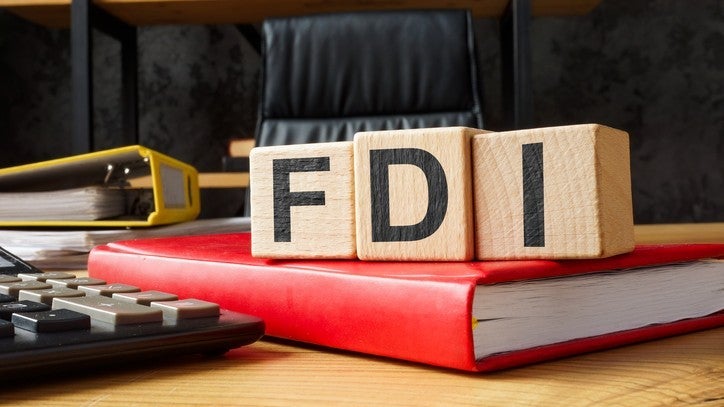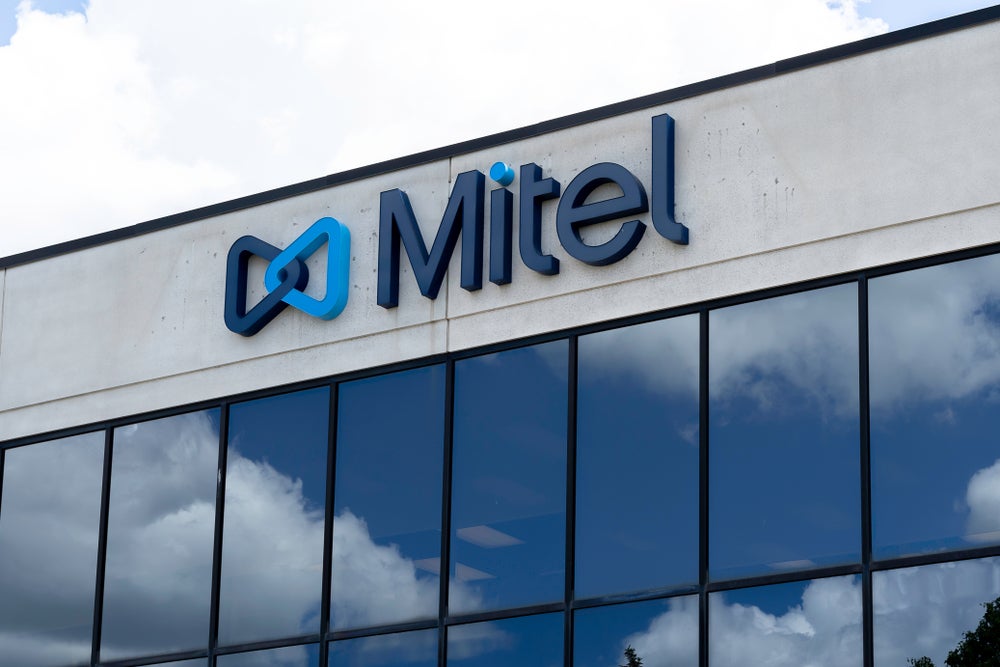
The UK’s Deputy Prime Minister Oliver Dowden is set to deliver a speech to the UN on the existential threat that AI poses.
Comments by Dowden released ahead of his UN address warn that AI is developing at a rate that legislation cannot keep pace with and has the potential to disrupt jobs and spread misinformation at a faster speed than before.

Access deeper industry intelligence
Experience unmatched clarity with a single platform that combines unique data, AI, and human expertise.
Alongside concerns that current legislation is falling behind AI’s development, Dowden will also warn that AI can be a tool for both good and bad actors.
Dowden’s speech is set to take place as the UK prepares to host its AI Safety Summit this November. Despite a confidence crisis among MPs, the UK has made clear its ambitions to become a world leader in AI regulation and policy.
MD and Chief of Staff at Luminance Jaeger Glucina spoke on this ambition.
Ahead of Dowden’s UN speech, Glucina stated that the UK’s intention to become a global leader in AI regulation has “never been clearer”.

US Tariffs are shifting - will you react or anticipate?
Don’t let policy changes catch you off guard. Stay proactive with real-time data and expert analysis.
By GlobalData“The AI race is not set to slow down any time soon,” she explains, “and the need for clear, and most importantly, consistent regulatory guidance has never been more urgent.”
Citing the UK’s long history of technological advancements, as exemplified by the government’s choice to host its Safety Summit at Bletchley Park, Glucina remains optimistic that the UK is “uniquely positioned” to be forward thinking on AI policy.
“But before the UK can think about leading the global conversation,” Glucina warned, “it must first establish its own regulatory position- ideally one that will help establish the country as a home for investment in AI research and development and power the economy for decades to come.”
Glucina’s focus on R&D expenditure is important if the UK wishes to get a head start in AI.
According to a recent macroeconomic report by GlobalData, the UK had an implied tax subsidy rate of 0.27 on the 1-B Index in 2022 for large and small and medium enterprises. This is much lower than the UK’s peers such as France (0.36) and Spain (0.33).
Reinforcing R&D expenditure should be a focus for the UK if it wishes to attain a leadership role in AI, especially when competing countries are fostering investment. A lack of tax subsidies on R&D alongside other investment incentives could create long-term problems for the UK’s AI industry.
However, balancing AI innovation alongside safety guardrails must also be in the UK’s focus.
Oseloka Obiora, CTO of Riversafe, warned that many businesses are “jumping into bed with AI trends” without properly regarding the cybersecurity risks that AI software can pose.
“With global regulatory standards falling way behind and the most basic cybersecurity checks being neglected, it is right for the government to call for new global standards to prevent the AI ticking timebomb from exploding,” Obiora said.







